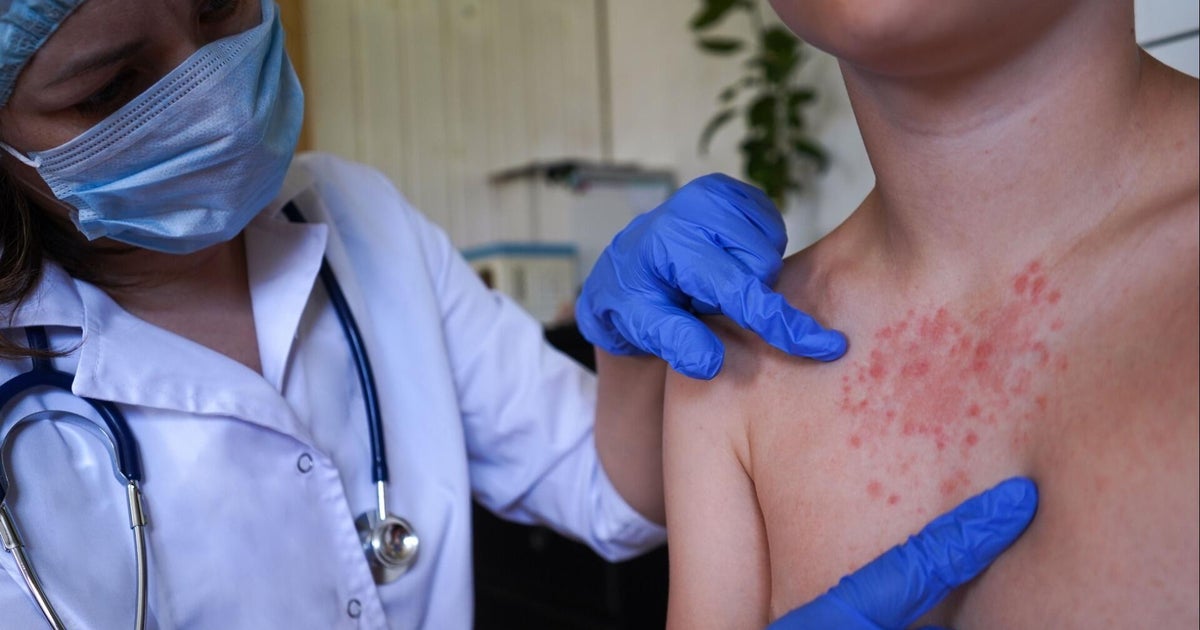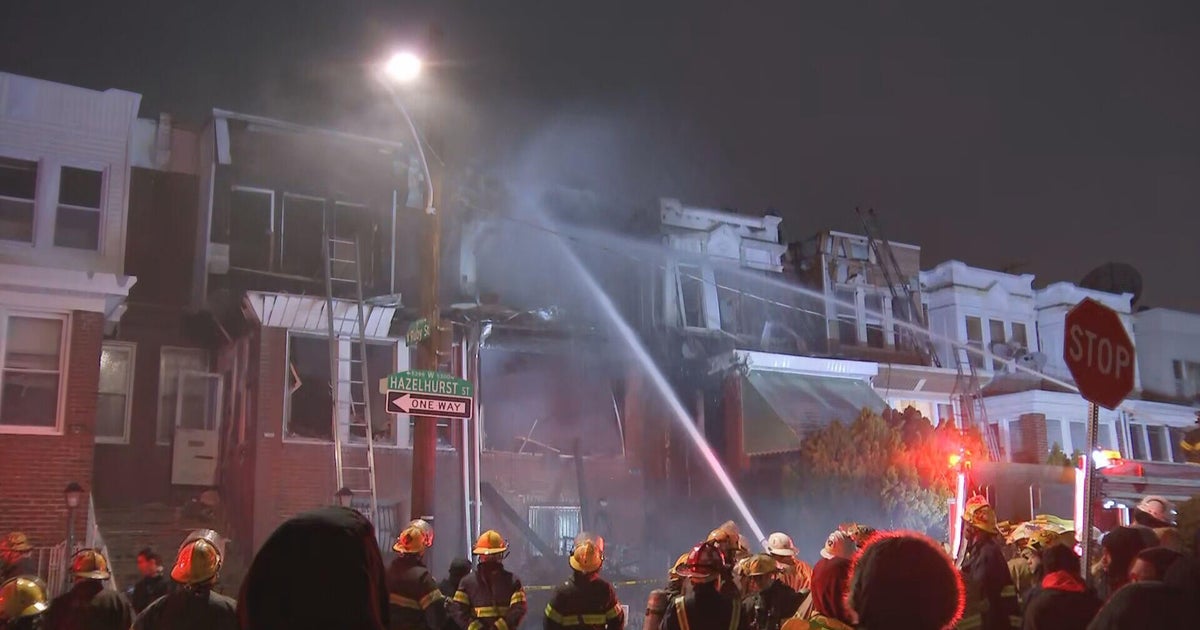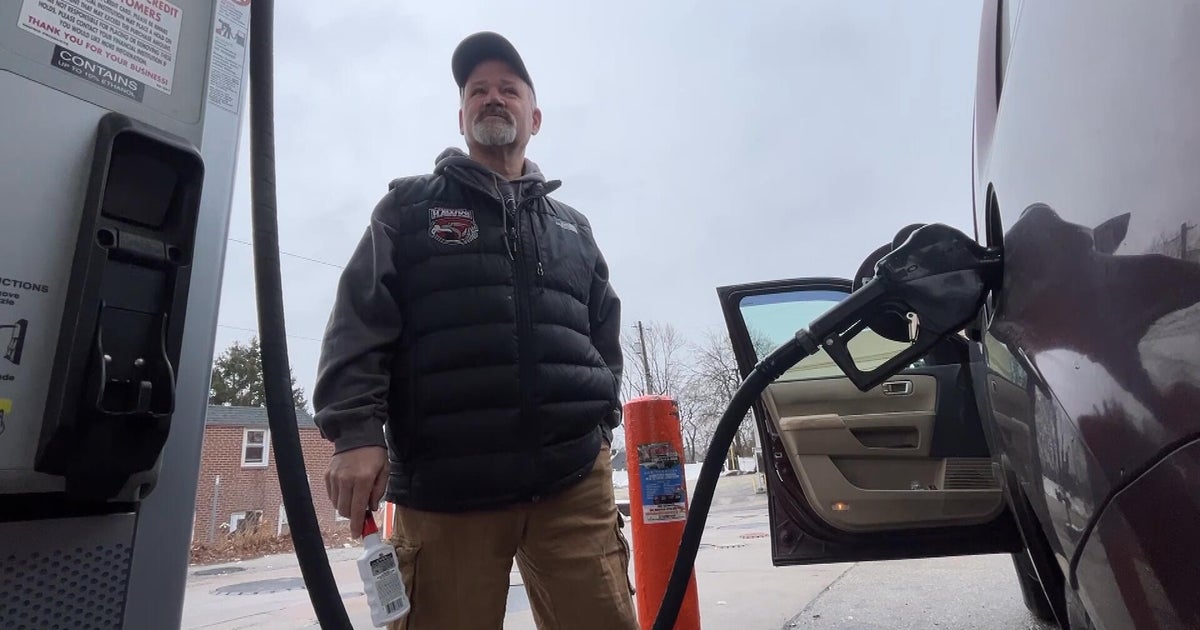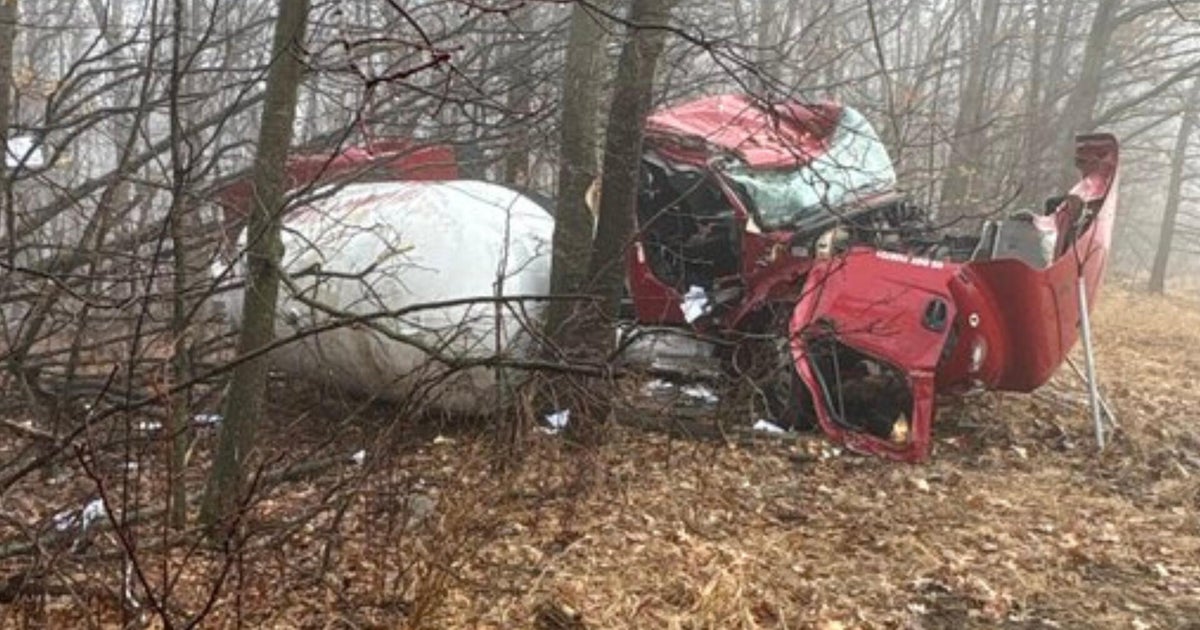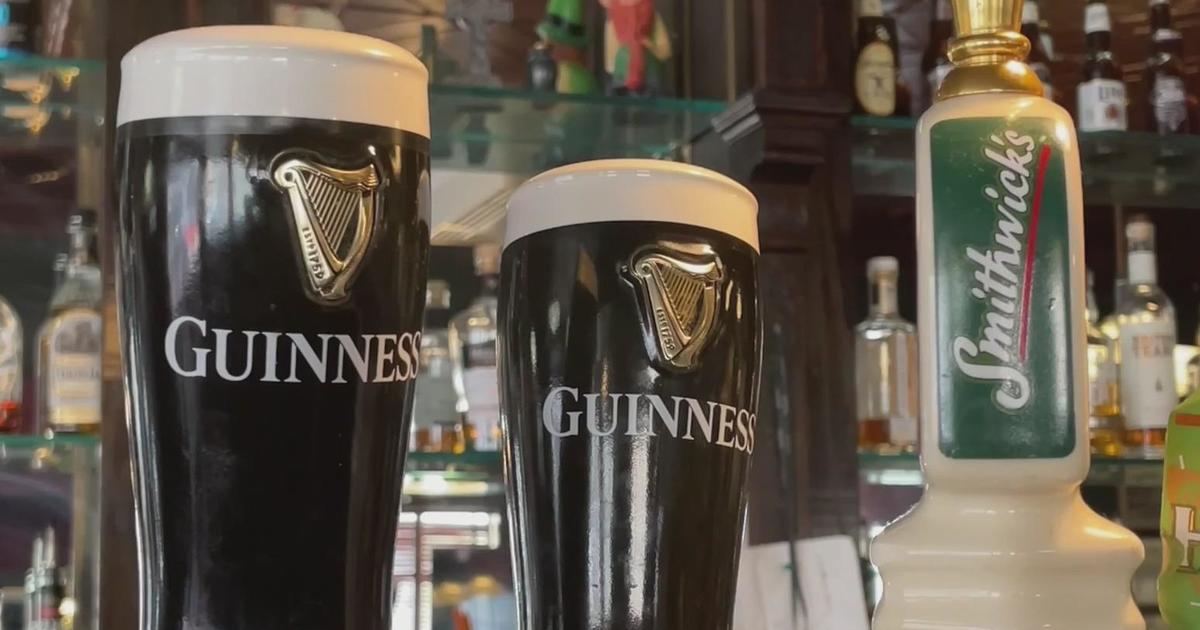Delta Variant Currently 'Causing Much More Harm' As Omicron Arrives In Philadelphia Area, Penn Medicine Doctor Warns
PHILADELPHIA (CBS) -- COVID-19 cases are surging again nationwide, mostly from the delta variant, but officials are closely watching omicron, which is here and likely to spread fast. The U.S. on Monday imposed testing requirements for international travelers, all in an effort to slow the rise in COVID cases.
Health officials are busy tracking COVID-19 to determine which variants are spreading and where, but most agree, it won't be long before the newest variant omicron infects many more people. They're still unsure how much risk it poses.
The omicron variant is now confirmed in at least 17 states, including the first local cases. In Pennsylvania, it's a man in his 30's with mild symptoms who lives in northwest Philadelphia. It's unknown where he was infected or his vaccine status.
In northern New Jersey, a vaccinated woman from Georgia had traveled from South Africa. She has moderate symptoms.
"The omicron variant seems to be spreading really rapidly," Dr. Frederic Bushman, Penn Medicine's chair of microbiology, said.
Bushman, the chair of microbiology at Penn Medicine whose lab is testing for the variant, says the bigger concern right now is the delta variant. That's caused a 14-day spike in new COVID infections, now hitting 108,000 a day. That's up 19% in just two weeks, the vast majority among unvaccinated people.
"Delta is causing much more harm to Americans today than omicron," Bushman said. "What's scary about omicron, it has so many changes in the genome. It's spreading so fast that it looks like a very aggressive new variant."
Bushman says while omicron appears to be more contagious, there are also early indications it's less severe.
"Really, what we're going to see is over the next three or four weeks, a dramatic increase in the number of cases of omicron," Dr. David Agus said. "And it's a perfect storm, right? The weather getting colder, people getting together for the holidays."
Vaccination remains the best protection and rates have improved some. Many believe the shots will also help fight the latest variant.
"Get vaccinated. It'll protect you from omicron and other variants as well," Bushman said. "You may still get infected at some frequency, but it's likely to be much less severe."
In an effort to contain the variant, all travelers coming to the U.S. will need a negative COVID-19 test within 24 hours of departure.
"Definitely another challenge that's coming up in the way for travel," Zohaib Valani, an international traveler, said.
Since it is believed omicron can spread very easily, health officials are urging people to use masks indoors, avoid large indoor gatherings and get vaccinated. Booster shots as recommended.
